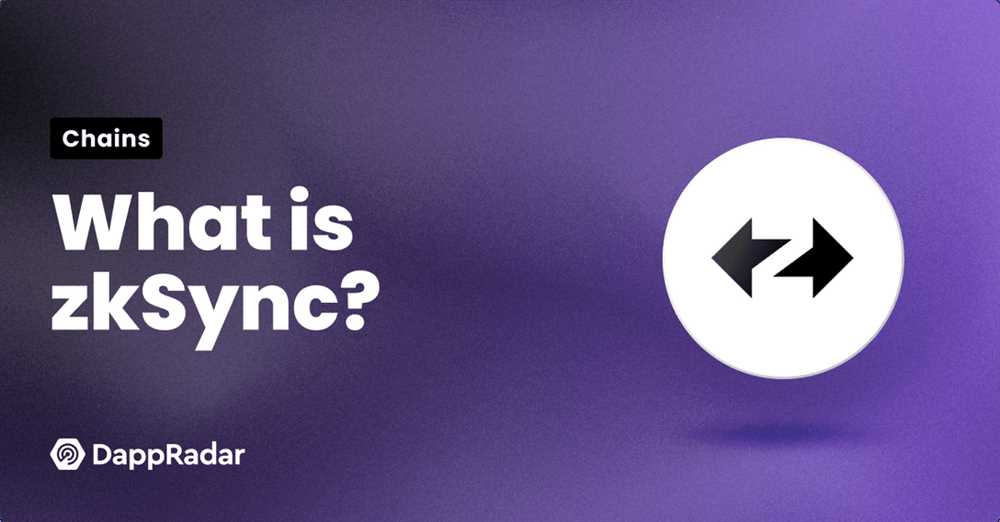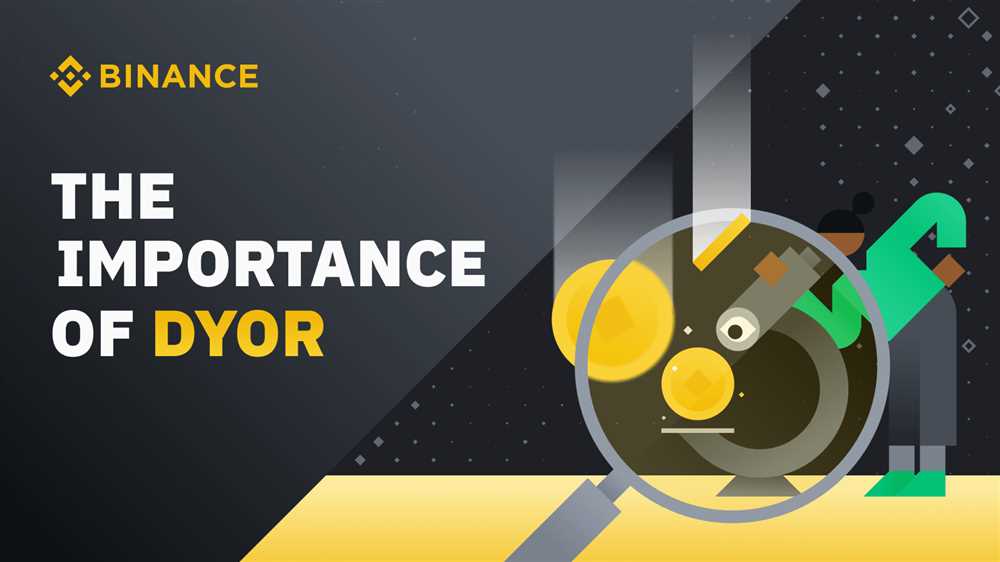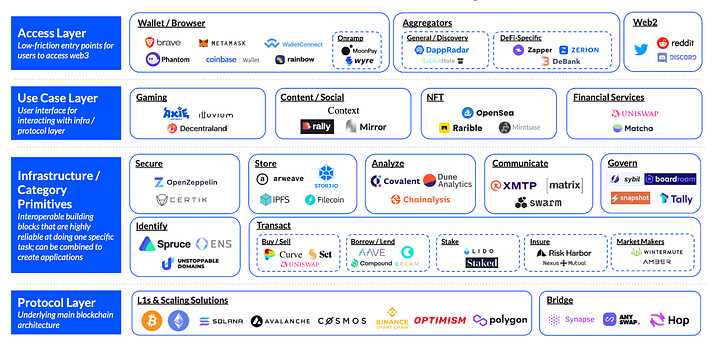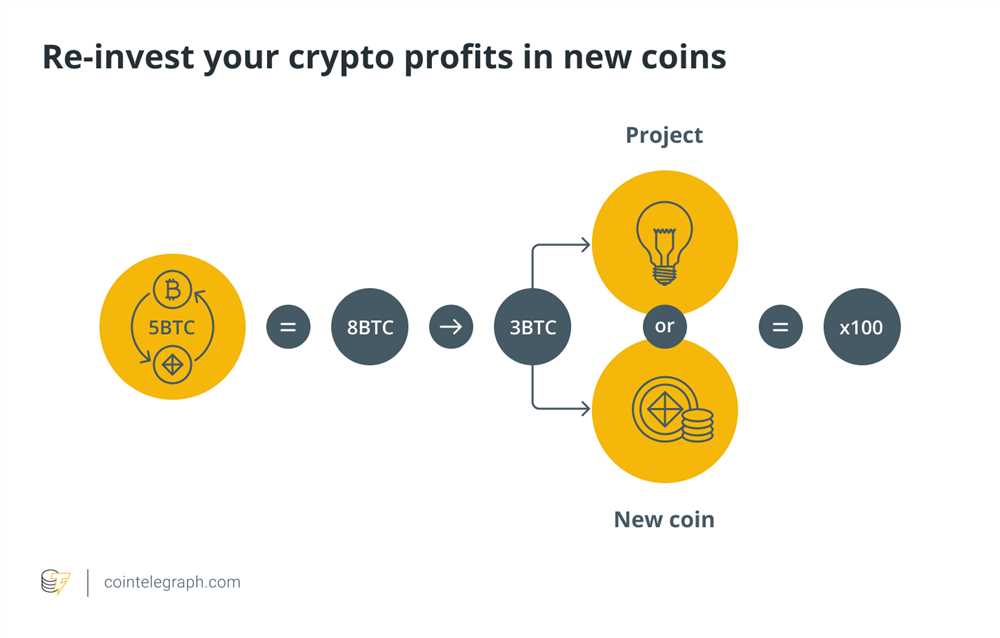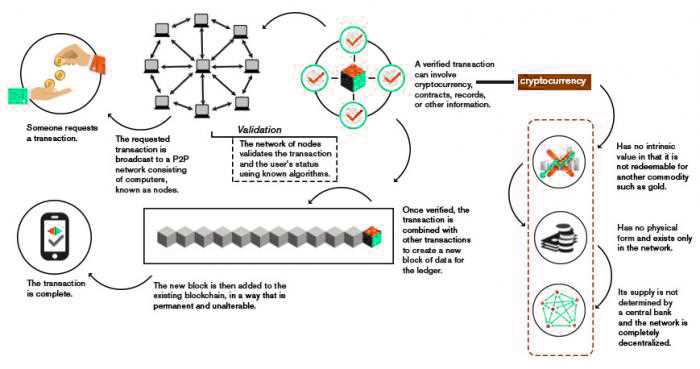
DeBank is a revolutionary platform that enables individuals to conduct peer-to-peer transactions seamlessly and securely. By leveraging blockchain technology, DeBank removes the need for intermediaries, such as banks, and empowers individuals to directly interact with one another.
One of the key features of DeBank is its decentralized nature. Unlike traditional financial systems, which rely on centralized authorities, DeBank operates on a peer-to-peer network. This means that transactions are verified and recorded by a network of users, ensuring transparency and security.
Furthermore, DeBank incorporates smart contracts into its platform. Smart contracts are self-executing contracts that automatically execute predefined actions when certain conditions are met. This feature enables users to set up and enforce contracts without the need for intermediaries, reducing costs and increasing efficiency.
Another advantage of using DeBank for peer-to-peer transactions is the elimination of geographical limitations. With traditional financial systems, cross-border transactions can be slow and expensive. However, with DeBank, individuals can transact with anyone, anywhere in the world, at any time, without being subjected to hefty fees or long processing times.
In conclusion, DeBank revolutionizes the way peer-to-peer transactions are conducted by utilizing blockchain technology, decentralized networks, and smart contracts. By removing intermediaries and geographical limitations, DeBank empowers individuals to transact with one another seamlessly, securely, and efficiently.
The Role of DeBank in Facilitating Peer-to-Peer Transactions
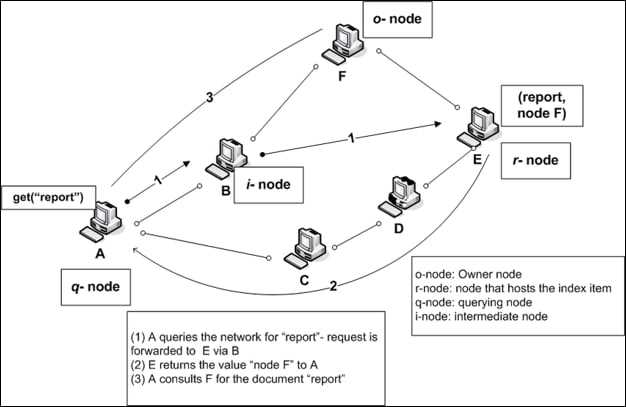
DeBank plays a crucial role in enabling seamless and secure peer-to-peer transactions. It acts as a decentralized intermediary, ensuring trust and transparency between individuals engaging in direct exchanges.
One of the primary functions of DeBank is to provide a platform for users to connect and interact with each other. By leveraging blockchain technology, DeBank eliminates the need for traditional intermediaries, such as banks or payment processors. This decentralization empowers individuals to transact directly with one another.
DeBank also offers a secure and efficient way for users to manage their digital assets. Users can securely store their cryptocurrencies and other digital assets within their DeBank wallets. These wallets provide users with control over their funds, allowing them to send and receive payments directly to other DeBank users.
Furthermore, DeBank utilizes smart contracts to facilitate peer-to-peer transactions. Smart contracts are self-executing contracts with predefined rules that automatically execute transactions when specific conditions are met. By relying on smart contracts, DeBank ensures that transactions occur only if the conditions are fulfilled, minimizing the risk of fraud or non-compliance.
In addition to facilitating transactions, DeBank also provides a reputation system to enhance trust and accountability among users. Users can rate and review their transaction experiences, creating a network-wide reputation for each participant. This reputation system enables users to make informed decisions when engaging in peer-to-peer transactions, promoting a trustworthy ecosystem.
Overall, DeBank plays a vital role in facilitating peer-to-peer transactions by providing a decentralized platform, secure asset management, smart contract integration, and a reputation system. Through these features, DeBank empowers individuals to transact directly with each other, improving efficiency, trust, and accessibility in the world of peer-to-peer transactions.
Benefits of Using DeBank for Peer-to-Peer Transactions
DeBank offers several benefits for individuals engaging in peer-to-peer transactions. Let’s explore some of these advantages:
1. Decentralization
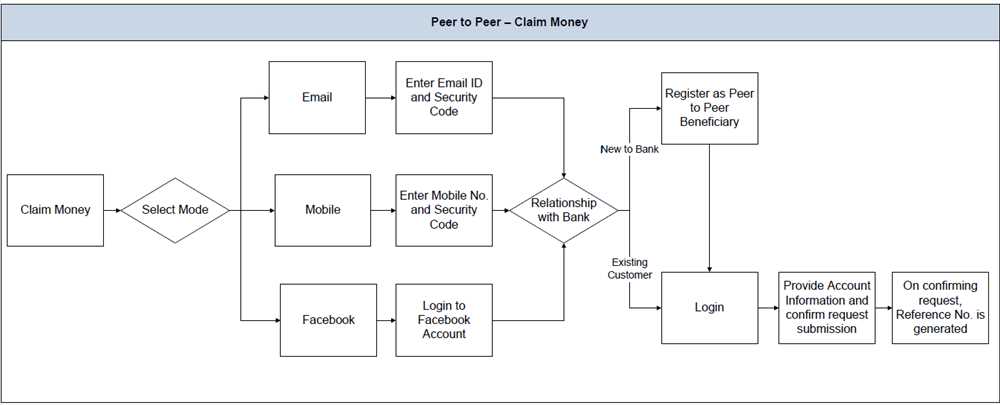
DeBank operates on a decentralized blockchain network, eliminating the need for intermediaries such as banks or payment processors. This allows for direct transactions between individuals, ensuring greater control and transparency.
2. Security
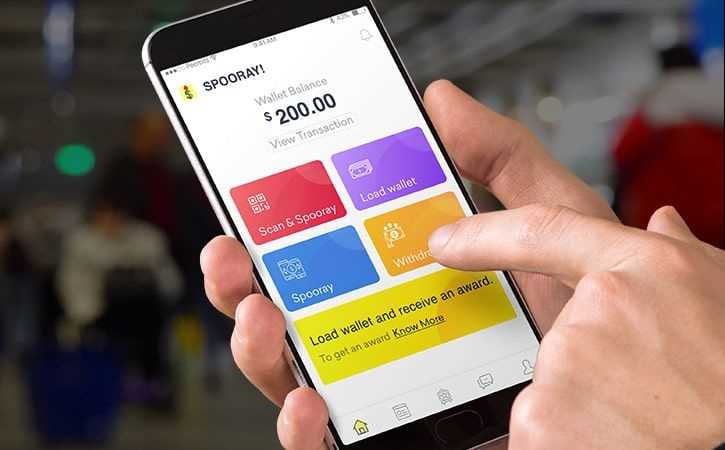
With DeBank, users can enjoy enhanced security for their peer-to-peer transactions. The blockchain technology employed by DeBank ensures that transactions are securely recorded and verified, offering protection against fraud and unauthorized access.
3. Privacy
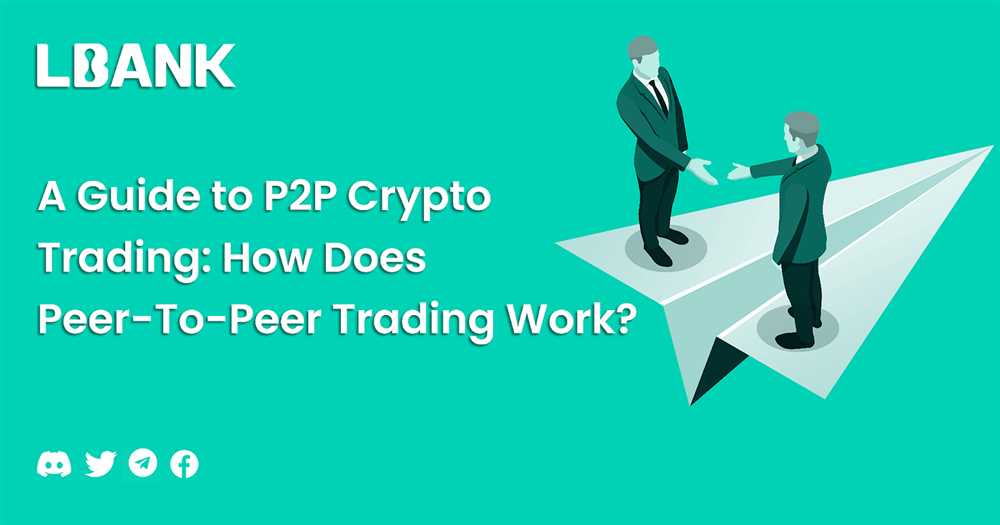
Privacy is a top priority for DeBank. The platform utilizes advanced cryptographic techniques to protect users’ identities and transaction data. This means that users can engage in peer-to-peer transactions without worrying about their personal information being compromised.
4. Speed and Efficiency

DeBank leverages blockchain technology to enable fast and efficient peer-to-peer transactions. Unlike traditional banking systems, which may involve lengthy processing times and administrative procedures, DeBank allows for near-instantaneous transfers of funds.
5. Lower Costs
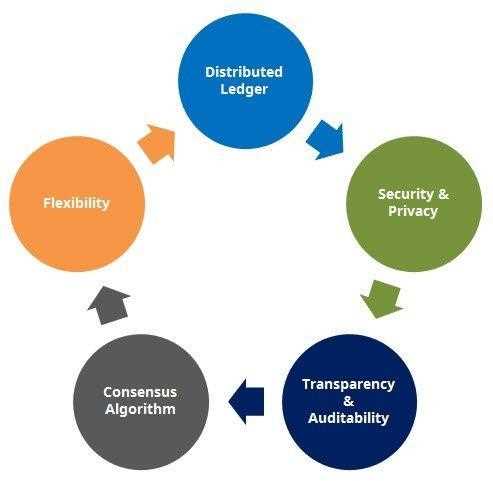
By eliminating the need for intermediaries, DeBank significantly reduces transaction costs associated with peer-to-peer transfers. Users can avoid fees typically charged by banks or payment processors, resulting in more cost-effective transactions.
In conclusion, DeBank provides numerous advantages for individuals engaging in peer-to-peer transactions. From decentralization and security to privacy and cost savings, DeBank offers a reliable and efficient platform for seamless peer-to-peer transactions.
How DeBank Ensures Security in Peer-to-Peer Transactions
Security is a top priority for DeBank when it comes to facilitating peer-to-peer transactions. The platform employs various measures to ensure that both parties involved in the transaction can trust the process and their assets are protected.
End-to-End Encryption
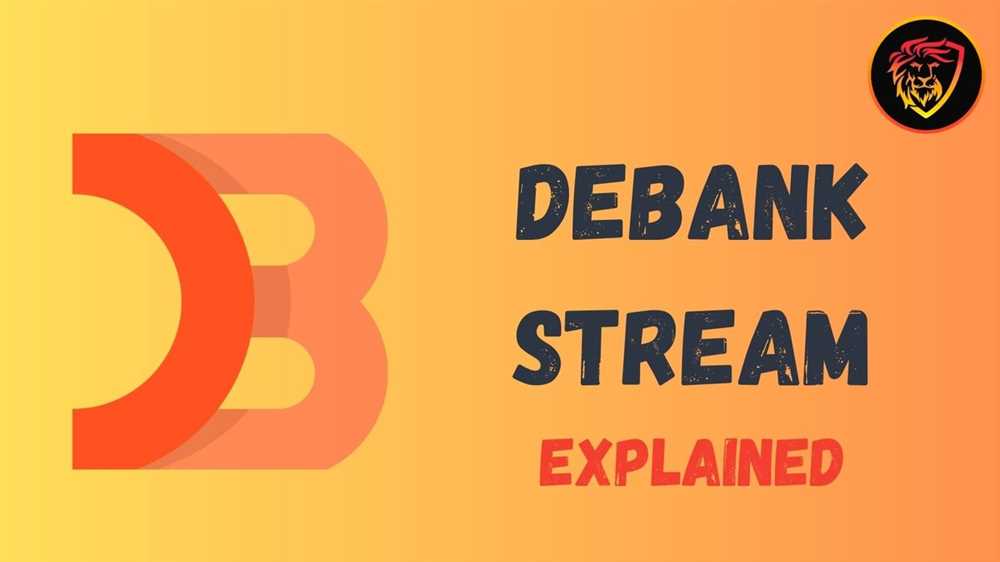
DeBank utilizes end-to-end encryption in its peer-to-peer transactions. This means that the data exchanged between the parties involved is encrypted at the source and decrypted only at the destination. As a result, even if the data were intercepted during transmission, it would be unreadable and useless to any unauthorized third party.
Multi-Factor Authentication
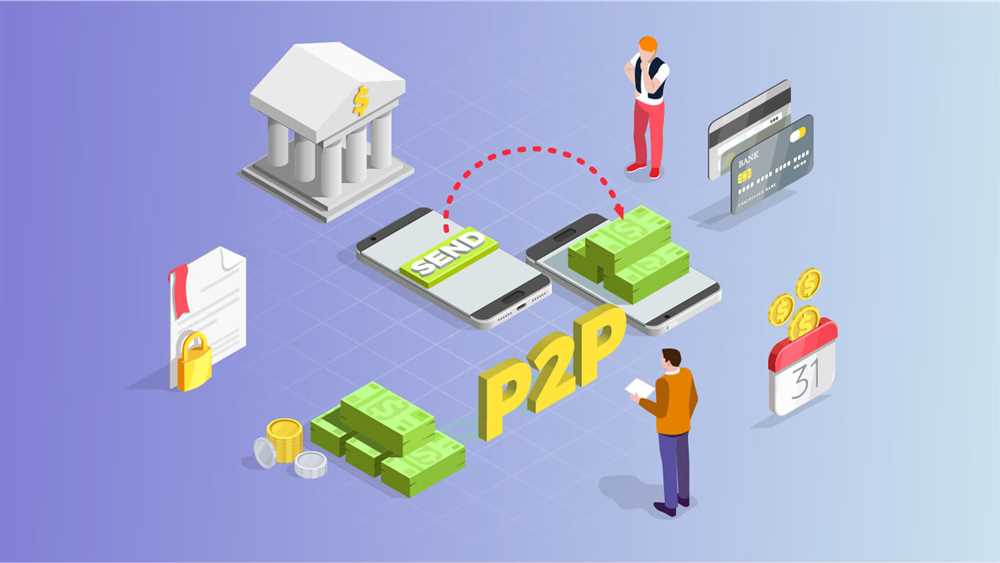
In addition to encryption, DeBank implements multi-factor authentication to further enhance security. When users initiate a peer-to-peer transaction, they are required to verify their identity through multiple factors, such as a password, a one-time verification code, or biometric authentication. This ensures that only authorized individuals can access and complete the transaction.
Secure Escrow System

To prevent fraudulent transactions and ensure fairness, DeBank incorporates a secure escrow system in its peer-to-peer transactions. When a transaction is initiated, the funds are held in an escrow account until both parties have confirmed the completion of the transaction. This eliminates the risk of one party not fulfilling their part of the agreement, as the funds are held securely in the escrow until the transaction is successfully completed.
| Security Measure | Description |
|---|---|
| End-to-End Encryption | Data exchanged between parties is encrypted and decrypted only at the destination |
| Multi-Factor Authentication | Users must verify their identity through multiple factors |
| Secure Escrow System | Funds are held securely in an escrow account until the transaction is completed |
By implementing these security measures, DeBank ensures that peer-to-peer transactions are conducted in a secure and trustworthy manner. Users can have confidence in the security of their assets and the integrity of the transaction process.
How does DeBank facilitate peer-to-peer transactions?
DeBank facilitates peer-to-peer transactions through its decentralized platform. Users can connect their wallets to DeBank, which acts as an interface between different decentralized finance protocols. By doing so, users can easily access various DeFi protocols, such as lending, borrowing, and trading platforms, all in one place. DeBank also provides real-time portfolio tracking and analytics, allowing users to monitor their assets and transactions effectively.
What are the benefits of using DeBank for peer-to-peer transactions?
There are several benefits of using DeBank for peer-to-peer transactions. Firstly, DeBank is a decentralized platform, ensuring that users have full control over their assets and transactions without the need for intermediaries. Secondly, by connecting different wallets and DeFi protocols, DeBank offers a seamless and convenient experience for users to access various DeFi services in one place. Additionally, DeBank provides real-time portfolio tracking and analytics, enabling users to make informed decisions about their assets and transactions. Overall, DeBank simplifies and enhances the peer-to-peer transaction process in the world of decentralized finance.
